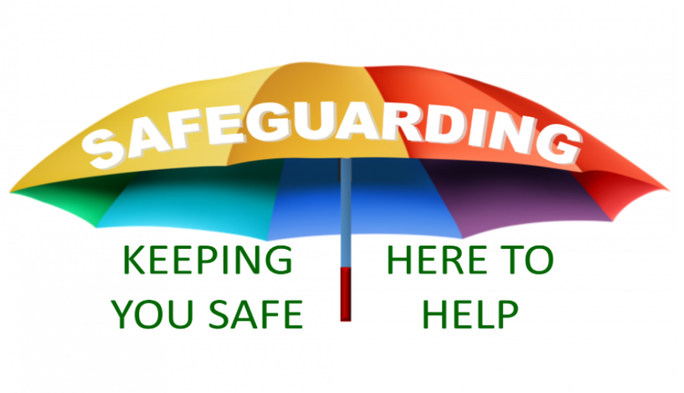Safeguarding

SAFEGUARDING AT MONTEM ACADEMY
Safeguarding and promoting the welfare of children is everyone’s responsibility. Everyone who comes into contact with children and their families has a role to play. In order to fulfil this responsibility effectively, all practitioners should make sure their approach is child-centred. This means that they should consider, at all times, what is in the best interests of the child.
Safeguarding and promoting the welfare of children is defined as:
- protecting children from maltreatment;
- preventing impairment of children’s mental and physical health or development;
- ensuring that children grow up in circumstances consistent with the provision of safe and effective care; and
- taking action to enable all children to have the best outcomes.
(Keeping Children Safe in Education 2022)
At Montem Academy, the safeguarding of pupils is paramount. To that all staff are aware of their responsibility to safeguard all pupils, we provide our staff with regular training in all areas of safeguarding.
The areas include:
- The different types of abuse
- The possible indicators of abuse/how to spot it
- What to do if a child wants to talk to you
- Safeguarding
- Child Sexual Exploitation (CSE) and Trafficking
- Female Genital Mutilation (FGM) and Forced Marriage
- County Lines
- Drugs and Alcohol
- PREVENT: Radicalisation and Extremism
- First Aid
- Bullying
- E-safety and Anti-bullying
- Safe Internet Use
- Cyberbullying
This enables all staff to:
- provide a safe environment in which children can learn,
- identify children who are vulnerable and may are at risk,
- raise concerns about a child’s welfare using the appropriate reporting procedures, both at school, Trust and Local Authority level.
At Montem Academy will always endeavour to work with parents to ensure that our students are kept safe. Naturally, we recognise that parents are the primary carers of their children and that they have a vital role to play in keeping them safe. Where possible, we always invite parents in to have face-to-face conversations if we feel that the safety of their child is at risk. We may also communicate with them via telephone, email, text or by letter to ensure that we are communicating effectively.
The school works collaboratively with multiple agencies to promote the welfare of our pupils, ensuring the that the child's needs and welfare are at the center of support and help provided.
